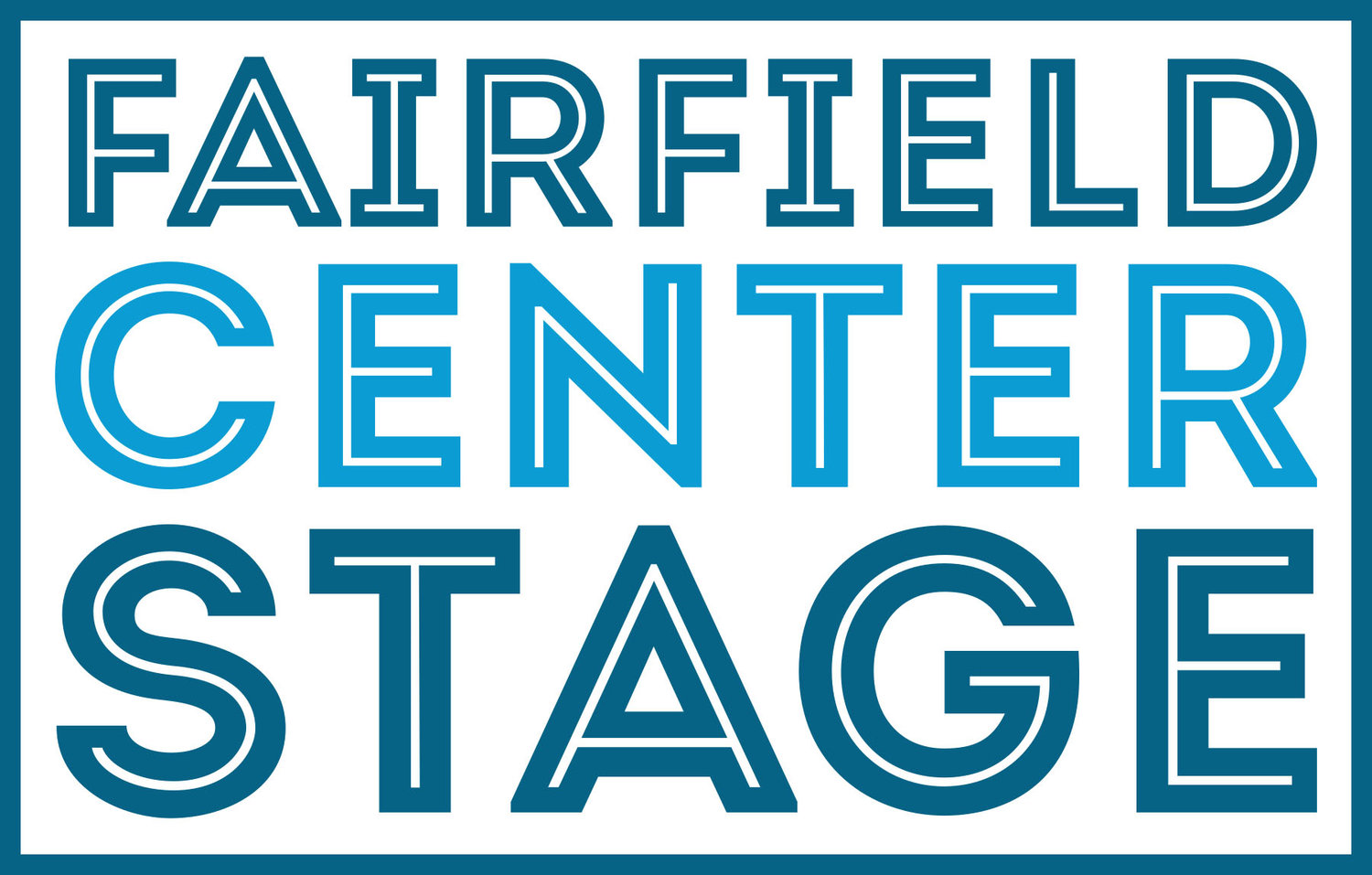Q: Why is it important for this story to be told today?
A: Art has always been a vehicle for learning and change. Art seeks truth and you can illustrate this fact by how dictators and corrupt regimes around the world go after and try to take down the artists first. They're seen as subversive in that they can relay current events into art and performance and thus raise awareness and inspire change. Every era, every moment in history, has an artistic shepherd. We can chronicle history by art and artists expose the realities of the human experience.
One of my favorite quotes is:
“What is art but a way of seeing?”
-Thomas Berger, writer
Q: Describe one of the characters you play, and the heart of that particular speech.
A: I believe the playwright describes Twilight Bey, as the heart of the show. The show is titled with his name and ends with his profound monologue about what his name means to him and how he's in limbo. I feel like the heart of this show lies in that, the limbo of being in a storm of opinions, information, biases, and lies. The limbo of wanting social justice and having scenarios like the Rodney King beating, play out over and over. We're always living in that twilight of pain and hope.
Q: What do you hope the audience takes away from this experience?
A: I hope the audience sees the echoes of this play in everything that's happened since. This is one blip on the screen of injustice and chaos and there are so many blips, on repeat. I hope the audience sees the need for justice reform, the need for important and painful dialogue, the need to look at the history of inequity instead of using denial to feel better. I hope audience members see themselves in at least one character. I also hope they can acknowledge we're living in the shadow of white supremacy and greed and it may just take each of us to make a move in order to heal. It will also take a long time.

